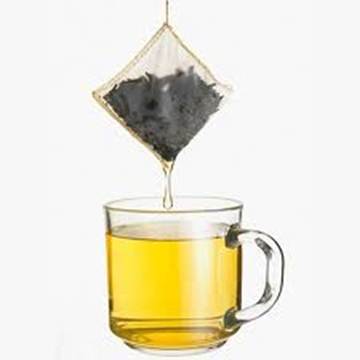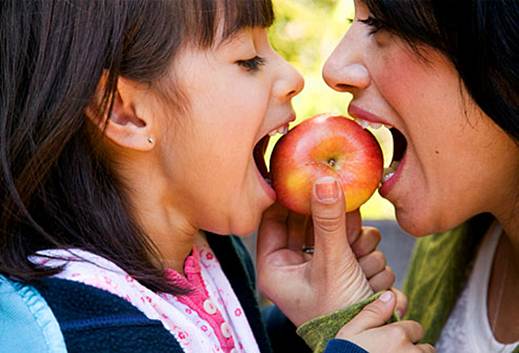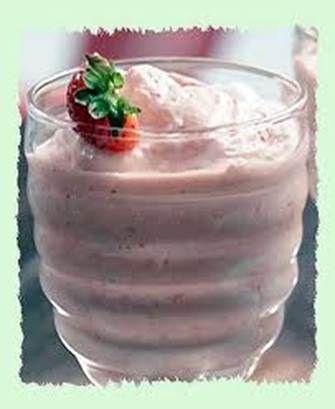Australian adults suffer through as many as
four head colds a year, but you can beat the odds - and recover faster – with
these research-backed strategies
Pump up the probiotics: A recent review of 10 different studies showed that 42 percent fewer
people caught a cold after consuming any amount of these healthy bacteria -
whether in supplement form or in food such as yoghurt - for more than seven
days.
Take your stuffy nose outside: In a recent study from Monell Chemical Senses Center, participants
reported feeling less nasal congestion while breathing cold, dry air than they
did when they breathed normal room air - even though their nasal passages were
unchanged. Menthol or Eucalyptus Lozenges help relieve stuffiness too, for the
same reason. As far as the trigeminal nerves in your nose are concerned,
"cool" equals "clear."
Hit the gym:
People who got at least 20 minutes of aerobic exercise five or more days a week
had fewer and milder colds than those who were less active, according to a
recent British Journal of Sports Medicine study. "Exercise sparks a
temporary rise in immune cells," explains lead author Dr David Neiman.

Australian
adults suffer through as many as four head colds a year, but you can beat the
odds - and recover faster – with these research-backed strategies
Practise crowd control: Research conducted during a flu outbreak in Nottingham, England,
found that those who had taken mass transportation in the past five days were
six times more likely to end up with a respiratory infection than those who
hadn't recently travelled by bus or train. Protect yourself by not touching
your nose and eyes while in transit and washing your hands immediately
afterward.
Make some music: Specifically, hum some tunes, advises Dr Timothy McCall, author of
Yoga as Medicine. "Vibrations from humming open the sinuses and let phlegm
drain better," he explains. "This helps to relieve uncomfortable
sinus pressure and may even help stave off a bacterial infection."
Why you need a thyroid test
You'd be hard-pressed to find a woman who
hasn't complained of fatigue, weight gain or moodiness. But don't be too quick
to write off these symptoms as seasonal sluggishness. They may be signs of
hypothyroidism - a condition that, if left untreated, can lead to dementia
later in life, say Harvard researchers. In a recent study, women with a thyroid
disorder were twice as likely to develop a decline in cognitive function as
those without one. "Thyroid hormones may regulate the production of a
protein called amyloid, which could damage brain cells," says study author
Dr Zaldy Tan. If your lethargy lasts two weeks or more, ask your doctor to do a
blood test.
Foods that will prevent you from getting
sick
Can't remember whether you should starve a
fever or a cold? Don't do either! By eating the right foods throughout the
winter, you can bolster your immune defences and stop viruses in their tracks.
Drink more tea

Drink
more tea
Polyphenols, antioxidant chemicals found in
white and green tea varieties, may inhibit the growth of bacteria that cause
strep throat, pneumonia and staph infections, according to Milton
Schiffenbauer, a professor of microbiology at New York's Pace University.
Eat more apples

Eat
more apples
Quercetin, a chemical with antiviral and
anti-inflammatory properties found in apples (as well as broccoli, red onions
and berries), can help your body maintain its natural flu-fighting ability,
finds a University of South Carolina study.
Get more yoghurt

Get
more yoghurt
Contrary to popular belief, eating dairy
products won't increase congestio or worsen a cold, say researchers at Zurich
University Hospital. In fact, a recent study from the University of Vienna
shows that the lactic acid bacteria in yoghurt can activate immune cells that
fight illness.
Load up on chicken soup

Load
up on chicken soup
Spooning up this dish can help alleviate
cold symptoms by blocking a type of white blood cell that triggers them,
according to researchers at the University of Nebraska Medical Center.